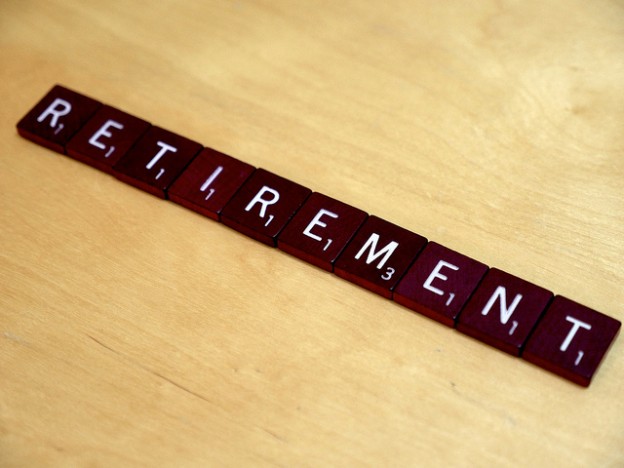How to Avoid the Impending Retirement Crisis

There is an impending retirement crisis coming. Nearly half of all families in the United States have no money put into their retirement savings. While things are okay now, in 20 years time, it could prove disastrous to the economy, and future generations of Americans.
Currently, there are no retirement plans offered through the workplace for over one-third of all employed peoples. 44 percent of people that are over the age of 35 are at risk of running out of money in their retirement funds. And nearly 40 percent of all Americans are unable to pull together an emergency $400 for unexpected expenses.
This is a huge problem, and surely there is an impending crisis for most working Americans.
In 2020, there are three and a half working adults for every current retiree. In 2060, that number will drop to two and a half to one. And right in the middle, by 2035, people over the age of 65 will outnumber their children. This is the first time this has happened in American history.
Wage growth from 1989 to 2013, saw a small increase for already older Americans, but for people who are 61 and younger saw a 30 percent downturn in wages, according to a study done by the Federal Reserve Bank of St. Louis. This is a definite trend. It’s difficult to put money aside for retirement when you’re struggling to stay afloat.
In 20 years time, when the workforce of today is entering their retirement years, Americans are projected to be much poorer. And then we are left to wonder when the time comes, who is going to be taking care of these older Americans financially if they don’t have retirement funds put away?
To that end, we could potentially help avert this imminent crisis by taking a few simple steps today.
When you’re trying to make money and provide for your family, it can be burdensome to worry about your IRA or 401(k) but saving for retirement should be made a priority for families and individuals now. It will add up quickly if you stash a little bit of money away for retirement each month. The earlier you start doing this, the better.
By the time you’re 65, a little bit of money put into a retirement fund each month, and each year can add up to quite a bit of money, especially if you start when you’re just joining the workforce. 25 to 30 is the suggested age to start saving for your inevitable retirement.
A little example: if you were to put away $10 a day into a retirement fund, and did so for 40 years, you would end up with a return of $500,000, if the account has the typical 5 percent compounding interest. If you upped that to $650 a month, after 40 years that account would have $1 million in it. Even if you were saving at half the time (20 years) the return is still substantial, respectively at $132,000 and $267,000.
And beyond just you saving money, Congress must respond to this impending crisis as well.
The Bipartisan Policy Center has endorsed bills put forth by Todd Young (R-IN), Tom Cotton (R-AR), and Cory Booker (D-NJ) that would provide security for families and individuals embarking on their retirement. Families should be able to save towards their retirement today, to avert this crisis tomorrow, and these kinds of measures agreed upon by both sides of the aisle are surely needed. Coupled with education and incentives for families and individuals to work towards their retirement, and we might be able to prioritize our future, and the future of our children as well.





